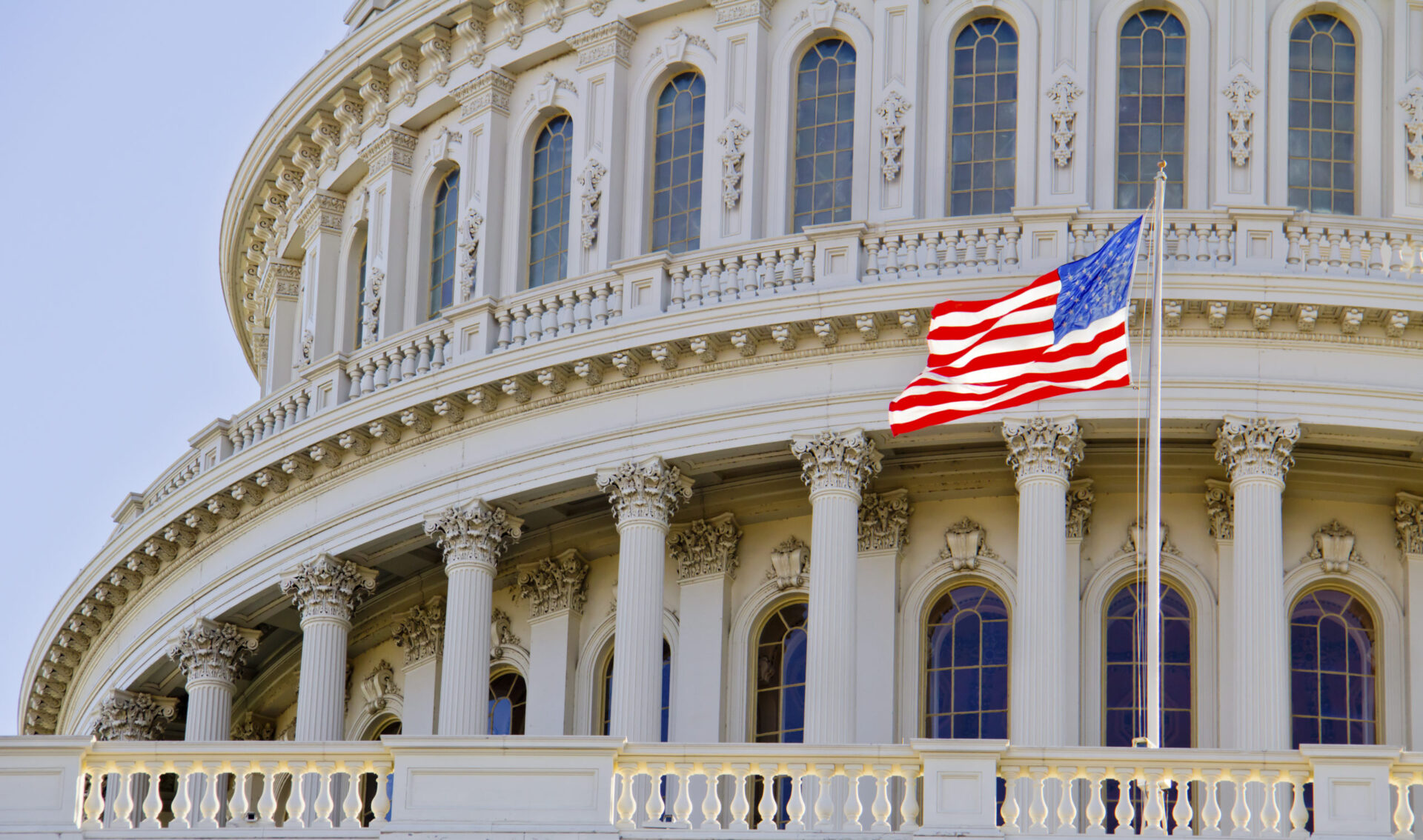Turmoil in Congress is making headlines, but will it impact the economy – and the mortgage industry – more broadly?
The House this week voted 216 to 210 to remove Kevin McCarthy (R-CA) from his position as speaker. He was the first speaker to be ousted through a vote in the middle of a congressional term.
No new speaker has been appointed, though several Republicans have put themselves in the running.
“It’s uncharted territory because we’ve never done that in the history of the United States,” Matthew Green, a politics professor at Catholic University, told CBS News.
The short-term impact of this week’s turmoil has been felt immediately in the mortgage market.
Redfin Economic Research Lead Chen Zhao said that the Capitol Hill skirmishes have contributed to increasing interest rates “as the clash among House Republicans stemming from the narrowly missed government shutdown is causing volatility in stock and bond markets.”
Billionaire investor Ray Dalio noted the 10-year Treasury yield could rise to 5%, adding to a chorus of voices including activist investor Bill Ackman and Blackrock CEO Larry Fink who feel the same.
In the long term, continued chaos in Washington could lead to another credit downgrade.
While McCarthy’s deal with Democrats avoids a shutdown for now, it’s looking more and more likely that it could happen when this deal expires on November 17.
Earlier this summer, leaders at Fitch, one of three nationally recognized statistical ratings organizations, downgraded the U.S.’s Long-Term Foreign-Currency Issuer Default Rating from AAA to AA+.
Expected fiscal deterioration over the next three years, a high and growing general government debt burden, and the erosion of governance were cited as reasons for the downgrade.
“The repeated debt-limit political standoffs and last-minute resolutions have eroded confidence in fiscal management. In addition, the government lacks a medium-term fiscal framework, unlike most peers, and has a complex budgeting process,” Fitch said.
Moody’s, another ratings organization, warned a government shutdown could lead to another downgrade of American debt.
“While government debt service payments would not be impacted and a short-lived shutdown would be unlikely to disrupt the economy, it would underscore the weakness of US institutional and governance strength relative to other AAA-rated sovereigns that we have highlighted in recent years,” they wrote.
Goldman Sachs estimates that each week the government is shut down it equals a loss of roughly 0.2 percentage points of GDP.
It’s unclear how mortgage rates would respond to a full-scale shutdown.
Shant Banosian, a branch manager and senior loan officer at Guaranteed Rate, told InvestorPlace that a government shutdown “would layer additional risk into the system and would drive rates up further past 8%, from their current levels of around 7.5%.”
But Zhao predicted that rates would fall alongside treasury yields, which historically fall during shutdowns.
Read More Articles:
Buyers Lost Purchase Power In September, But Hope Springs From Listing Bump
Impacts Of Office Space Changes Continues To Be Hot Topic In Commercial Real Estate
Atlanta On The Front Line Of Build-To-Rent Trend
Sign up for our newsletter.
